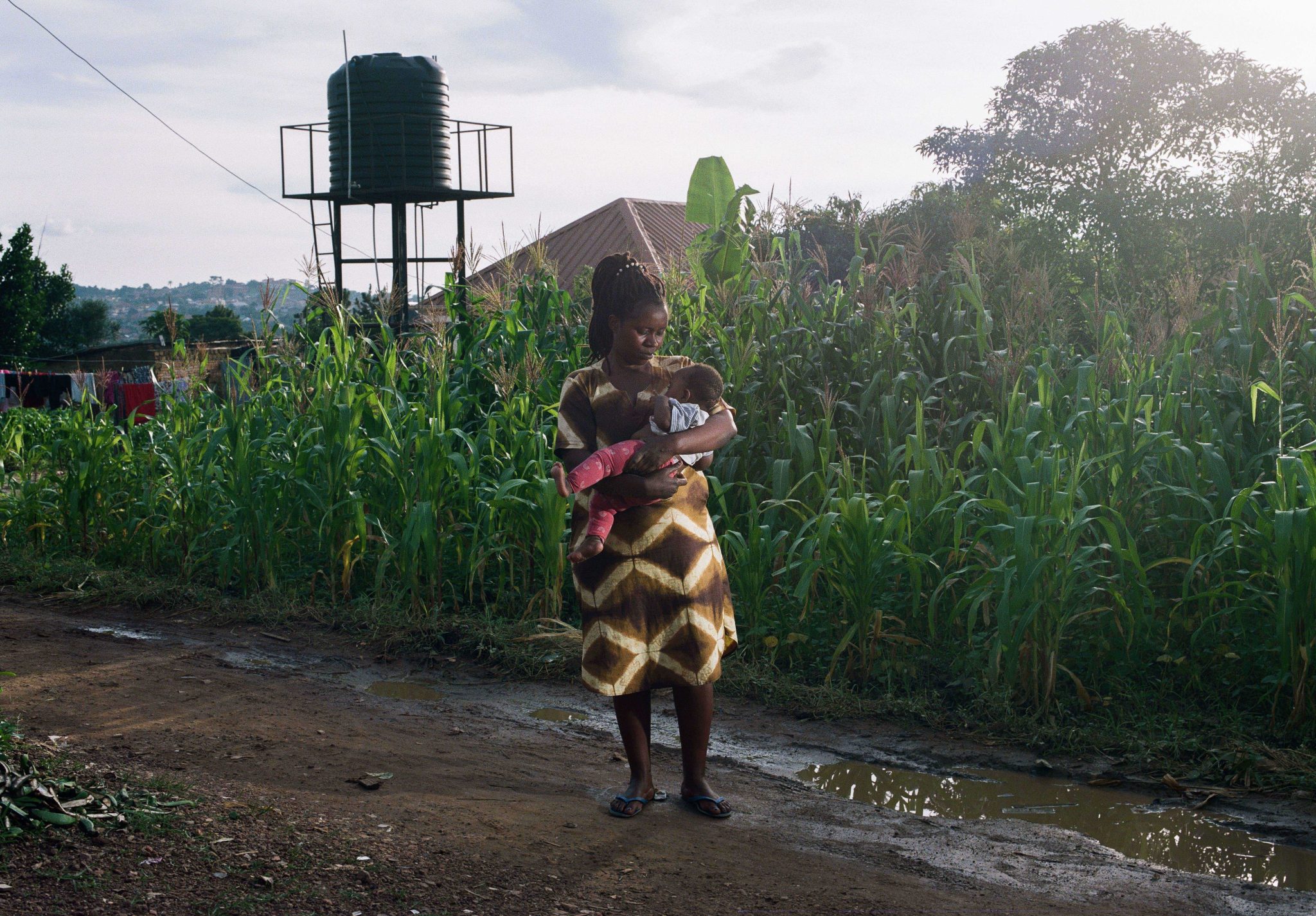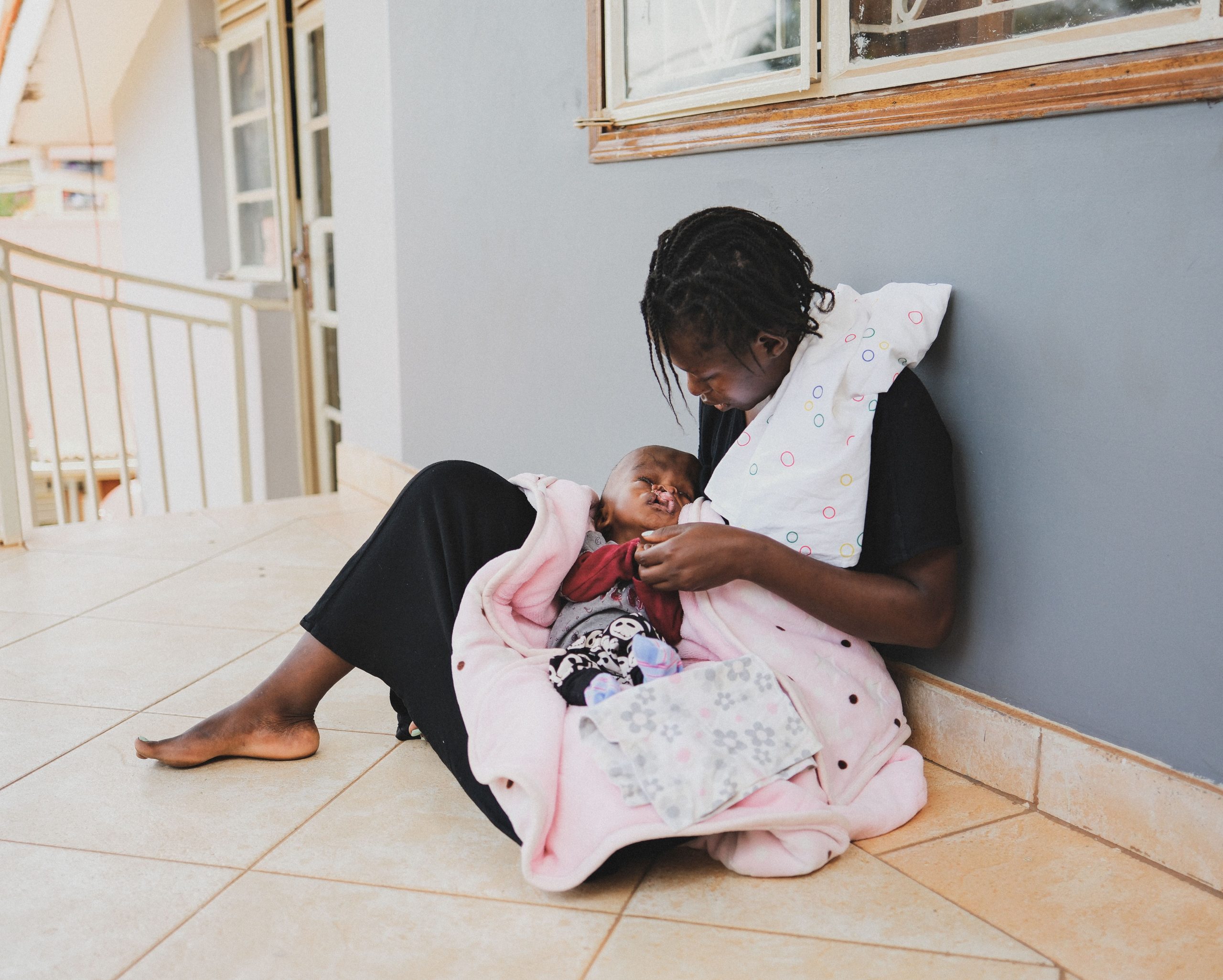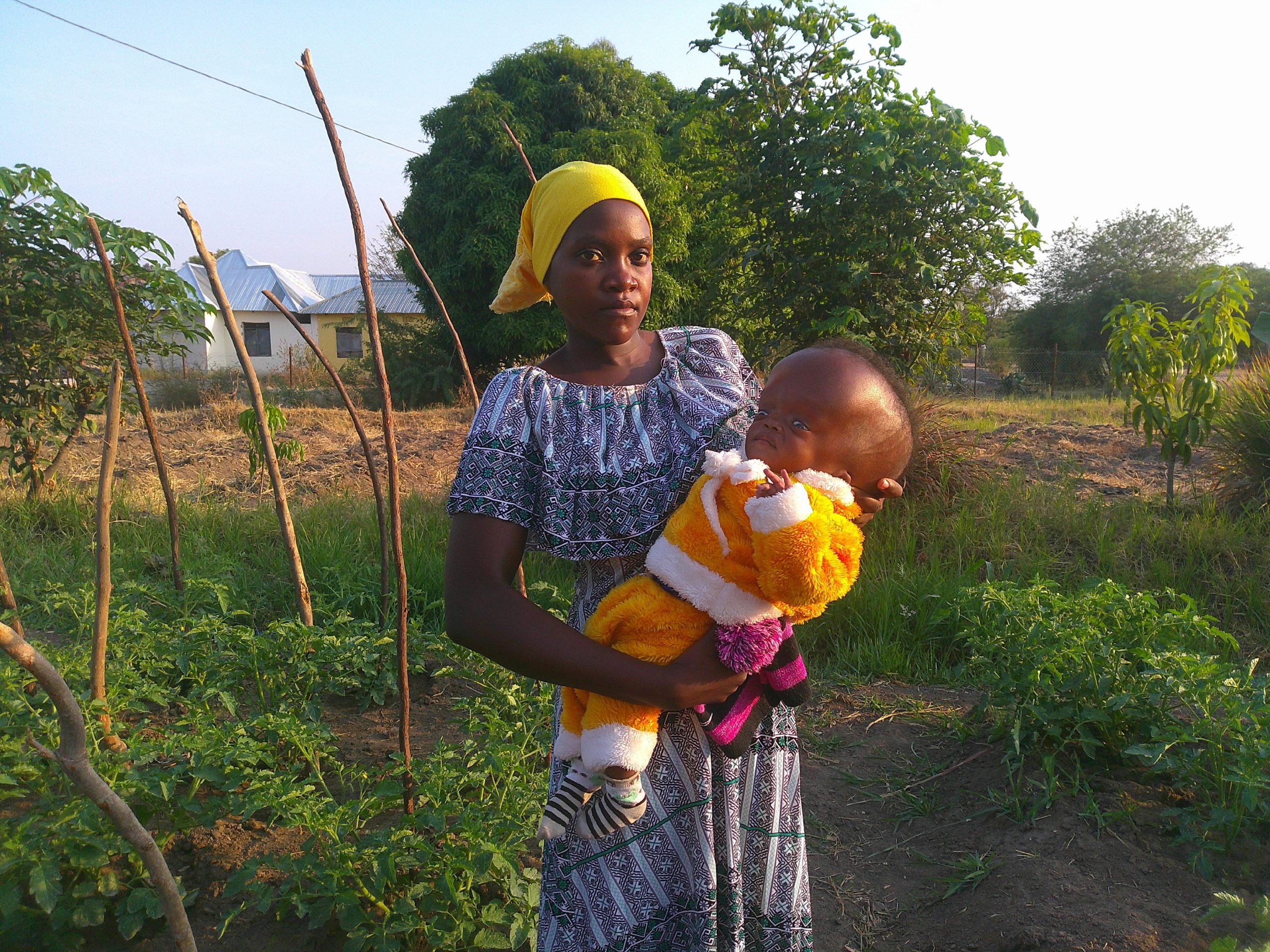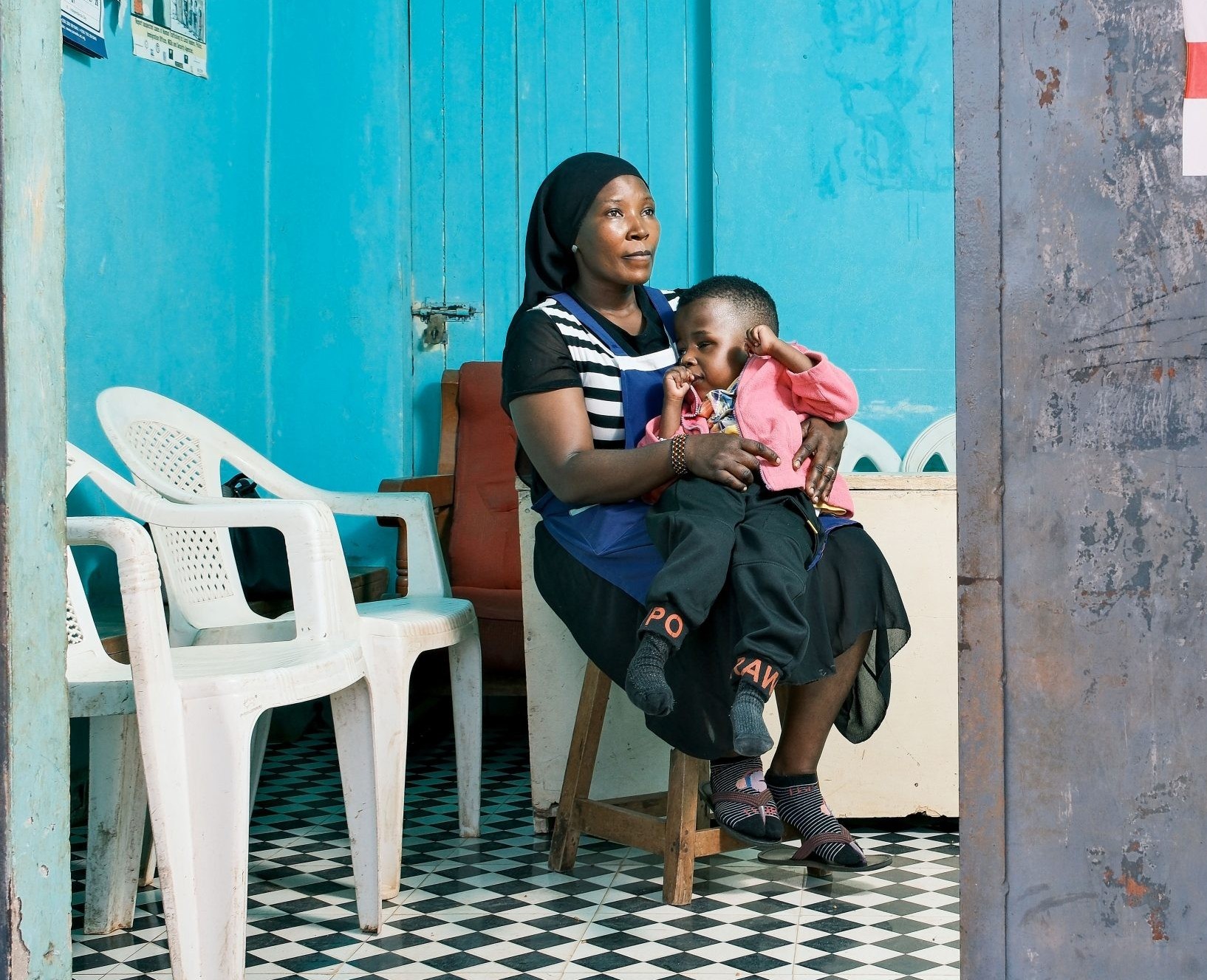
Pierre Mertens, founder of Child-Help, on the urgent need to support mothers of children with disabilities
In many African societies, the birth of a child with a disability often deepens the already challenging position of women. Cultural beliefs and societal norms frequently result in these mothers being ostracized or abandoned by their husbands and in-laws, leaving them to navigate their difficult circumstances alone. Traditionally, these women reside with their husband’s family, who has paid a bride price, making it difficult for them to return to their own families after rejection.
The stigma surrounding disability can lead to severe consequences. In some communities, a child’s disability is viewed not just as a personal misfortune but as a curse or a threat to the entire clan. One mother, living in one of the Houses of Hope, recounted a harrowing experience where her father-in-law attributed his diabetes to her child’s condition of hydrocephalus, resulting in a family consensus that the child should be killed.
Such extreme beliefs are not uncommon. In Niger, for instance, mothers of children with disabilities are sometimes expelled from their communities under the belief that their children are possessed by evil spirits. The supposed cause? The devil, it is believed, entered the mother during pregnancy due to inadequate body covering, even in scorching temperatures exceeding 40°C. This cultural superstition further isolates and punishes these mothers, blaming them for their children’s conditions.

The root causes of these disabilities are often linked to poverty. Malnutrition in expectant mothers can lead to premature births, and these premature babies are at a heightened risk for conditions such as brain hemorrhages, which can subsequently result in hydrocephalus. This creates a vicious cycle where poverty leads to disability, and disability exacerbates poverty. The financial burden of caring for a child with special needs is significant, often forcing mothers to stay at home to provide care, thereby preventing them from participating in the workforce and further limiting their economic opportunities.
This narrative highlights the urgent need for targeted support for mothers of children with disabilities, particularly in regions where cultural stigma and economic hardship compound the challenges they face. By providing these mothers with the necessary resources, education, and community support, we can help break the cycle of poverty and disability, enabling both the mothers and their children to lead fuller, more empowered lives.

Child-Help empowers mothers through its support groups, where peer counseling plays a pivotal role in fostering resilience and solidarity. Additionally, facilities like Child-Help’s Houses of Hope, located near referral hospitals, provide mothers with critical information about the true causes of their child’s disability. This knowledge is essential in combating stigma and preventing exclusion.
Unfortunately, the belief persists that children born with Spina Bifida and Hydrocephalus are better off not surviving. In many parts of Africa, the absence of proper treatment leads to extremely poor outcomes, reinforcing the negative perceptions associated with these conditions. This grim outlook discourages families from seeking help, ultimately perpetuating the very cycle of fatalism that we strive to break.
This underlines the importance of knowledge and support in overcoming stigma and changing perceptions about disabilities.
